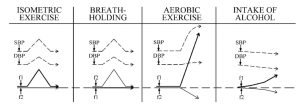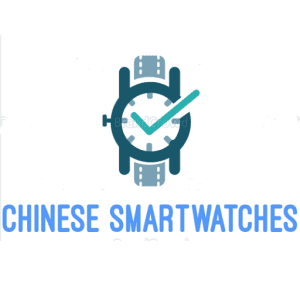Accurately monitoring blood pressure with a smartwatch has been a persistent challenge for tech companies. While current models offer some functionality, limitations in accuracy and dependency on calibration often hinder their effectiveness.
A Promising Patent Points to a Leap Forward
A recently unveiled Samsung patent (US 12,029,592 B2) suggests a potential game-changer in wearable health tech. The document outlines a method for independently and precisely measuring systolic and diastolic blood pressure without the need for invasive procedures.
Overcoming the Decoupling Dilemma
A key hurdle in blood pressure estimation is the phenomenon known as decoupling, where systolic and diastolic pressures fluctuate independently. Samsung’s proposed solution involves analyzing multiple cardiovascular features extracted from bio-signals like heart rate, electrocardiogram, and even the body’s response to movement (ballistocardiogram).
By carefully processing and weighting this data, the system can potentially provide more accurate blood pressure readings, even when these values are rapidly changing. This could be a significant step forward, as current methods often struggle in these dynamic conditions.
A Deeper Understanding of Blood Pressure Patterns

Beyond accurate measurement, the patent hints at a more holistic approach to blood pressure monitoring. By recognizing how factors like exercise, stress, and even alcohol consumption influence blood pressure, future Galaxy Watches could offer users valuable insights into their cardiovascular health.
This level of personalization could empower individuals to make informed lifestyle adjustments to manage their blood pressure effectively.
From Patent to Product: The Road Ahead
While patents offer a glimpse into potential future technologies, it’s essential to remember that the journey from concept to commercial product can be lengthy. However, if Samsung can successfully translate this patent into a real-world device, it could mark a substantial advancement in wearable health technology.
The combination of improved accuracy and personalized insights could make blood pressure monitoring a more valuable tool for users, potentially leading to better health outcomes.
It remains to be seen if Samsung will fully capitalize on this promising technology. But if they do, it could position the Galaxy Watch as a leading player in the wearable health market.




